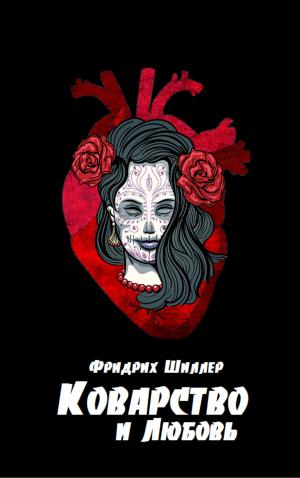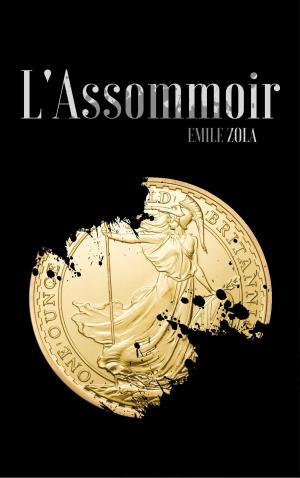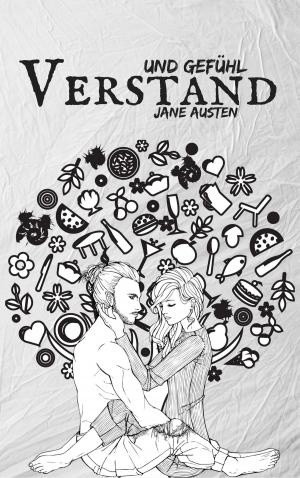| Author: | Henrik Ibsen | ISBN: | 1230003246788 |
| Publisher: | EnvikaBook | Publication: | May 27, 2019 |
| Imprint: | Language: | English |
| Author: | Henrik Ibsen |
| ISBN: | 1230003246788 |
| Publisher: | EnvikaBook |
| Publication: | May 27, 2019 |
| Imprint: | |
| Language: | English |
Rosmersholm (pronounced [ˈrɔsmɛrsˌhɔlm]) is a play written in 1886 by Norwegian playwright Henrik Ibsen. In the estimation of many critics the piece is Ibsen's masterwork, only equalled by The Wild Duck of 1884. As expressed by the protagonist, Rosmer, the theme of the play is social and political change, in which the traditional ruling classes relinquish their right to impose their ideals on the rest of society, but the action is entirely personal, resting on the conduct of the immoral, or amoral, "free thinking" heroine, Rebecca, who sets herself to undermine Rosmer's religious and political beliefs because of his influential position in the community. Rebecca has abandoned not only Christianity but, unlike Rosmer, she has abandoned the whole ethical system of Christianity as well. Possibly she may be taken as Ibsen's answer to the question of whether or not Christian ethics can be expected to survive the death of the Christian religion.
Rosmersholm (pronounced [ˈrɔsmɛrsˌhɔlm]) is a play written in 1886 by Norwegian playwright Henrik Ibsen. In the estimation of many critics the piece is Ibsen's masterwork, only equalled by The Wild Duck of 1884. As expressed by the protagonist, Rosmer, the theme of the play is social and political change, in which the traditional ruling classes relinquish their right to impose their ideals on the rest of society, but the action is entirely personal, resting on the conduct of the immoral, or amoral, "free thinking" heroine, Rebecca, who sets herself to undermine Rosmer's religious and political beliefs because of his influential position in the community. Rebecca has abandoned not only Christianity but, unlike Rosmer, she has abandoned the whole ethical system of Christianity as well. Possibly she may be taken as Ibsen's answer to the question of whether or not Christian ethics can be expected to survive the death of the Christian religion.















